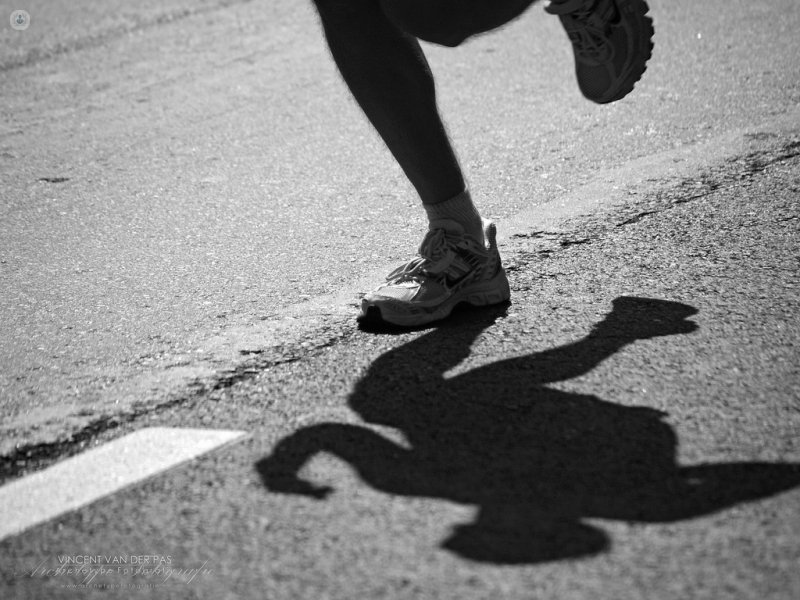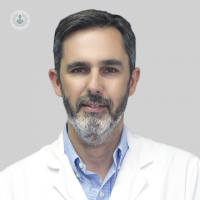Sudden death: what it is and causes
Written by:Sudden death is the sudden and unexpected onset of cardiac arrest in a person who is apparently healthy and in good condition. Its main cause is a cardiac arrhythmia called ventricular fibrillation, which causes the heart to lose its ability to contract in an organized way, so it stops beating.
What happens in our body when it appears
 First, the victim of sudden death loses pulse and in a few seconds, also loses consciousness and the ability to breathe. If you do not receive immediate attention, the direct consequence is the death after a few minutes.
First, the victim of sudden death loses pulse and in a few seconds, also loses consciousness and the ability to breathe. If you do not receive immediate attention, the direct consequence is the death after a few minutes.
CPR measures can achieve in many cases the arrhythmia disappears and the patient recovers. In this case we speak of "episode of sudden death or resuscitated recovered".
Yet, unfortunately, the vast majority of patients suffering sudden death and receive no medical care die in a few minutes. In Spain some 40,000 sudden a year, of which between 40 and 50 occur in young athletes deaths.
Causes of sudden death
Sudden death occurs mainly in three situations:
- Patients with coronary artery disease. This type of disease is by far the most common cause of sudden death, as it is one of the common ways that may present an acute myocardial infarction.
- Young people who suffer cardiac arrest while doing sport. It 's a smaller group of patients, but best known for his social and media impact and, in most cases, the cause of death is genetic.
- Infants under one year old. In these cases, the problem is very different and, although the causes are well known, is thought to be due to the immaturity of the body to maintain respiratory rate.
Thus, when we speak of the causes of sudden death we must separate two age groups:
- Over 35. The most common cause of sudden death is coronary arteriosclerosis and myocardial infarction.
- Under 35 years. The causes are often hereditary, ie genetic heart disease or family, of which stand out hypertrophic cardiomyopathy, arrhythmogenic cardiomyopathy, dilated cardiomyopathy, long QT syndrome or Brugada syndrome, among others.
Notably, most of these diseases can be diagnosed with an electrocardiogram (ECG), so a very effective preventive measure would be for every young athlete an ECG and a cardiologist specialized play him. Many of these diseases are framed within the group of so -called rare diseases, so that both detection and treatment should do cardiologists specializing in these genetic diseases.
Edited: Roser OBERLAND UBASOS


